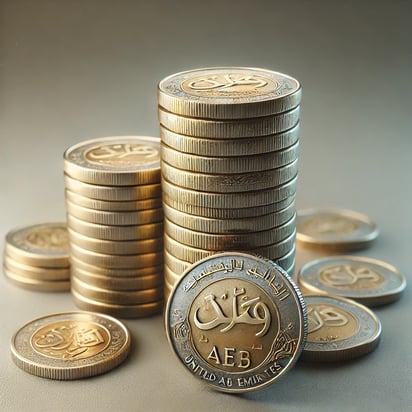How to Start Halal Investing: A Beginner’s Guide
Starting halal investing doesn’t have to be complicated. This guide simplifies the process, helping you build a sharia-compliant portfolio while avoiding riba, gharar, and haram industries. Let’s dive into the essential steps for aligning your investments with Islamic values.
11/29/20241 min read


Introduction
For Muslims looking to invest ethically, halal investing offers a way to grow wealth while staying true to Islamic principles. But where do you start? This guide lays out simple, actionable steps for beginners in halal investing.
1. Understand the Principles of Halal Investing
Halal investing avoids:
Riba (interest): Profits must not come from interest-based transactions.
Gharar (uncertainty): Investments should avoid excessive speculation.
Haram industries: Businesses involving alcohol, gambling, tobacco, or other prohibited activities are not permissible.
2. Choose the Right Investment Platform
Select platforms or funds that specialize in halal investing. Look for:
Sharia-compliant stock screeners: Tools that identify permissible stocks.
Islamic mutual funds: Funds specifically designed to meet sharia requirements.
3. Build a Diversified Portfolio
Spread your investments across different asset classes:
Sukuk (Islamic bonds): Offer fixed returns without involving interest.
Real estate: Provides tangible and halal investment options.
Halal stocks: Invest in companies that follow sharia-compliant business practices.
4. Avoid Common Mistakes
Skipping research: Always verify sharia compliance.
Overlooking diversification: Concentrating on one sector increases risk.
Ignoring ethical considerations: Ensure investments align with Islamic ethics beyond just avoiding riba.
5. Consult a Sharia Advisor
To ensure compliance, consult an Islamic finance expert who can help review your investment choices and provide valuable guidance.
Starting your halal investing journey requires knowledge, careful planning, and commitment to Islamic values. By following these steps, you can build an ethical portfolio and achieve financial growth in line with your faith.
Subscribe
Copyright © 2024 Halal Dirhams
